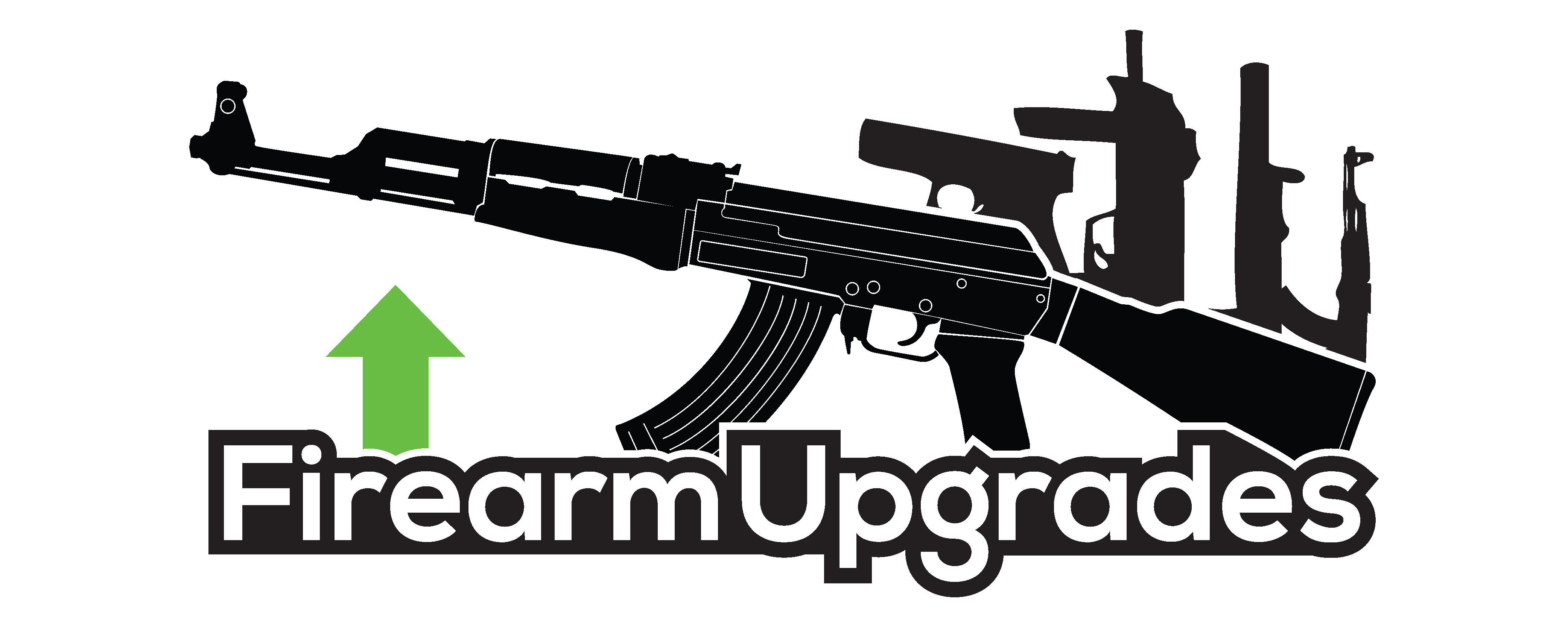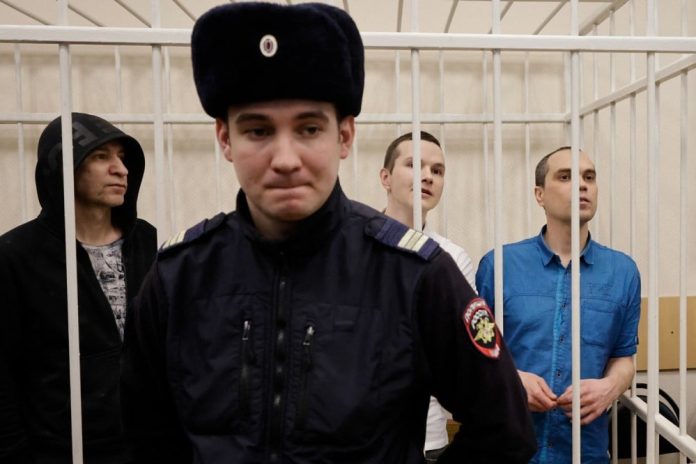Three lawyers stood in front of a judge in a small courtroom in Petushk, Russia, on Jan. 17. They had spent years in similar courtrooms defending their client Alexei Navalny, the Russian opposition leader who died in a Siberian penal colony less than one year prior.
This day, however, they were not working on behalf of a client—the lawyers themselves were on trial.
Held behind a large metal cage, as is common in Russian courts, Vadim Kobzev, Alexei Liptser, and Igor Sergunin were accused of “participating in an extremist organization” for delivering messages from Navalny to the outside world.
Each of these men was sentenced to multiple years in prison—five and a half for Kobzev, five for Liptser, and three and a half for Sergunin. Their sentencing set a new precedent, where lawyers can be accused of working for extremist organizations and potentially imprisoned for their work.
Foreign Policy spoke on the condition of anonymity with several human rights lawyers who have worked in Russia, using pseudonyms due to fears of state retribution. As the Kremlin intensifies its efforts to silence political opposition, these lawyers worry that the line between them and the people they represent is beginning to blur.
Alexander, a lawyer in Moscow, has worked on human rights cases for seven years, including many high-profile ones. Throughout his career, he has remained steadfast in his choice of occupation, even as political repression has ratcheted upward. But with Russia’s full-scale invasion of Ukraine in February 2022, the targeting of human rights lawyers became harsher and more frequent.
According to Dmitrii Anisimov, a spokesperson for OVD-Info, an independent Russian human rights monitoring mission that works directly with lawyers inside of Russia, lawyers are frequently being denied access to their clients in police departments and other state premises, which are also preventing some from freely taking notes during meetings with clients and threatening to revoke the licenses of others.
This kind of obstruction was always present in Russia for certain politically motivated cases, but now, Alexander said, “the very concept of attorney-client privilege has disappeared.”
A January report from OVD-Info detailed instances from the year prior of physical force or threats of violence being used against lawyers and defenders, as well as instances of Russian law enforcement conducting searches, interrogations, and seizures of their equipment, and even hacking into lawyers’ devices.
In the aftermath of Russia’s 2014 invasion of Ukraine, treatment of human rights lawyers worsened, with harassment, increased surveillance, and smear campaigns in state-controlled media outlets. Yet obstruction of human rights lawyers’ work is a long-standing reality in Russia. In Soviet times, legal representation was never independent from the state; a lawyer’s role was to assist the government rather than defend citizens against it.
During the Chechen wars that began in the 1990s, human rights lawyers represented the families of people who had been killed, tortured, or disappeared at the hands of Russia. These lawyers were routinely denied access to their clients, placed under surveillance by the Foreign Security Service, and threatened for their work. One prominent case came in 2009, when a top human rights lawyer, Stanislav Markelov, was assassinated in Moscow for his work defending opponents of Chechnya’s pro-Kremlin government.
Still, prosecuting lawyers has remained rare. They’re “not yet a routine practice,” Anisimov said. But instances are increasing: According to OVD-Info, in 2024, 22 human rights defenders in Russia faced politically motivated criminal charges, some for speaking out about the war in Ukraine, others just for performing their duties, including representing political prisoners and negotiating their fair treatment in penal colonies. The total instances of imprisonment in 2024 increased by 25 percent compared to 2023, while the number of people taken to pretrial detention increased by 185 percent.
One of the most common criminal charges that the Kremlin uses against its critics, including lawyers, is spreading “false information” about the Russian military. In effect, the charge is used to punish anyone who criticizes the military or speaks honestly about the war in Ukraine.
Last November, a court in Udmurtia, Russia, sentenced lawyer Dmitry Talantov under “false information” charges for speaking out against the war on social media. Talantov was the longtime chair of a regional association of lawyers in Russia’s central Udmurtia republic and was also part of the defense for the high-profile case against now-imprisoned journalist Ivan Safronov.
In May, Anastasia Burakova, a lawyer who founded an organization that supports Russian anti-war emigrants, was sentenced in absentia to more than seven years in prison, also for spreading “false information.” She believes that she was targeted for delivering a speech at a rally in Tbilisi, Georgia, in 2023, when she talked about the shelling of Ukrainian cities and the deaths of civilians in Ukraine.
A worrisome new precedent was set earlier this year. For the first time, a Russian defense lawyer, Maria Bontsler, was arrested and detained for “confidential cooperation with a foreign state with the aim of undermining the national security of the Russian Federation,” a charge that carries up to eight years in prison. Bontsler, who led a now-disbanded group that defended the legal rights of conscripts, is also known for defending clients in politically motivated cases, including the prominent political prisoner Igor Baryshnikov.
Human rights lawyers throughout Russia now fear that they can no longer practice freely—and could potentially be prosecuted for their work.
“No one will help us if we come into conflict with law enforcement,” Alexander said. “Working with the opposition can now lead to being considered an opposition member and treated as a political opponent.”
He added that the arrest of Navalny’s lawyers, all of whom he personally knew, caused fears for the future of his work.
“I do not wish to abandon this line of work, but I admit many will,” Alexander said.
As fewer lawyers are willing to take on cases related to human rights violations and political oppression, demand for such representation has only increased.
According to OVD-Info, as of Dec. 9, 2024, 2,976 people in Russia and the annexed Ukrainian cities of Crimea and Sevastopol faced prosecution for political reasons, while 1,407 people were detained or incarcerated for political reasons at that time.
These numbers, however, do not include the tens of thousands of Russian prisoners of war. For the past three and a half years, Alexander has been one of the few human rights lawyers in Russia representing Ukrainian prisoners of war—a practice that he fears could lead to him being accused of treason. He is sought out by families that are still in Ukraine want to know the status and whereabouts of their loved ones, many of whom are surprised to have a lawyer from Russia on their side.
Another significant category of human rights lawyers’ wartime clients are political prisoners. For those detained by the Kremlin, lawyers serve as a crucial link between them and the outside world.
It’s “very important” that people have a lawyer to prove to the administration “that you are not [the] only one” defending their case, said Andrei Pivovarov, a political activist who was imprisoned in 2021 for his work as the director of Open Russia, a political organization that sought to protect human rights in Russia.
Pivovarov spoke to Foreign Policy from his home in Berlin, where he has lived since he was freed last August in the largest prisoner exchange between the United States and Russia since the Cold War.
While in prison, Pivovarov’s lawyers served as a lifeline for him, arguing for a shorter sentence, access to medical care, and fruits and vegetables, and passing along messages to his wife and inner circle. Without his lawyers, Pivovarov would not have been able to tell his wife that he was being transferred from St. Petersburg to the Karelia penal colony, located more than 800 miles away in Mordovia—among the harshest prison systems in Russia.
“It’s difficult to pressure you in prison if you have a lawyer, if you have a lot of help from your team,” Pivovarov said. “It’s like a security bubble, which can help you. Because in the colony, they understand if you have a lawyer, you have some support.”
Another uptick in political prosecutions has come from anti-war protesters. In 2022, OVD-Info documented more than 18,900 arrests made during anti-war demonstrations in the country. Stanislav, a human rights lawyer in St. Petersburg, began working in that capacity the day that Russia began its full-scale invasion as a way to support the anti-war protests.
Defending those cases “was very hard,” Stanislav said, “because you see a lot of people who share your views, who have the same values, and you see how they are being persecuted. It’s tough, but what helped me is because I managed to help them a lot.”
On most occasions, Stanislav said that the police who arrested anti-war protesters attempted to process their criminal proceedings quickly, which often resulted in mistakes. Being able to point out those mistakes helped his clients avoid prison sentences; most were able to get off with only paying a small fine.
For the first three years of the war, Stanislav felt that he was safe doing his work in Russia. Although he was representing cases related to political dissidents, he believed that in the eyes of the Kremlin, there was a distinction between his work and that of his clients.
Stanislav no longer believes that’s the case. He said that Bontsler’s imprisonment has caused him to fear for his safety and behave more carefully than ever before.
“Now, I think twice before sharing any information about my cases with whomever, and I updated instructions to my close circle in case of my arrest,” he said. “I have a VPN. I’m pretty sure that my phone and laptop are secure, but you never know. There is a saying that if you think you are under surveillance, you probably are,” Stanislav added.
Stanislav said that he is aware of a few dozen human rights lawyers in St. Petersburg who continue to practice despite the risks. He said that their work shows him that “Russia is not lost.”
Despite all that has transpired, he does not want to leave Russia.
“This is my country, it’s my motherland, and I hope for the best for it,” he said. “I hope that while I am a very small figure, I might be useful, and I still hope for change. I want to be part of the change in Russia.”

